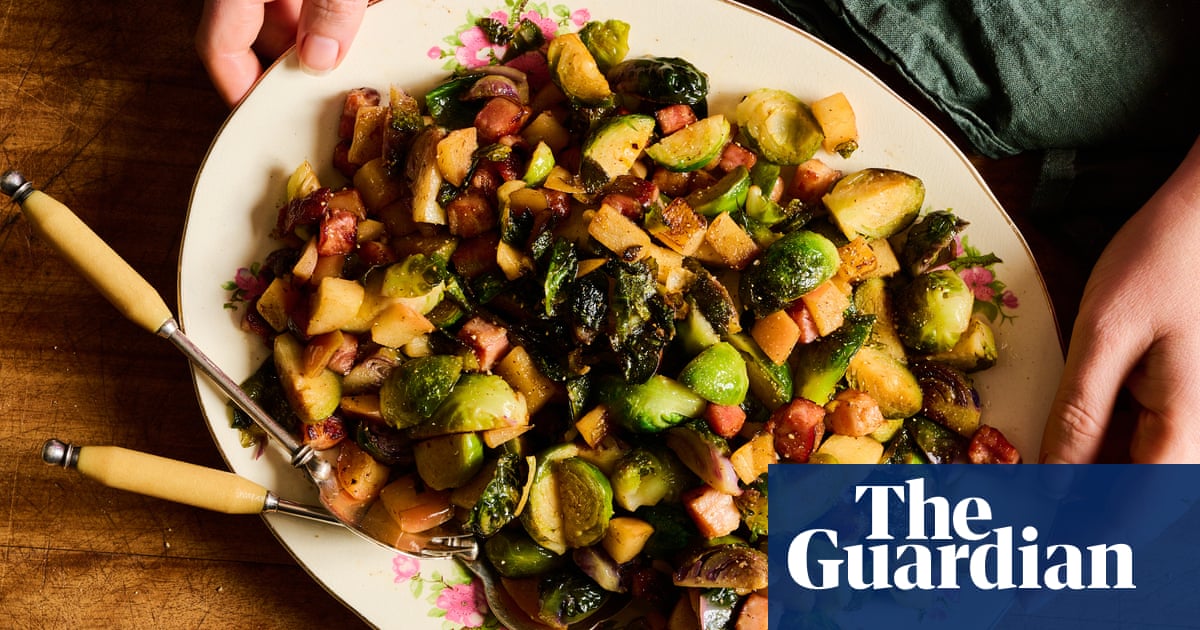
"Brussels sprouts, once tough and bitter, have undergone a transformation thanks to modern selective breeding that has made them softer and more palatable."
"The traditions surrounding Brussels sprouts, such as overboiling and cross-hatching, contribute to outdated perceptions, making them far less enjoyable than they could be."
"Research by scientist Hans van Doorn revealed that bitterness in Brussels sprouts was linked to specific flavonoids, leading to breeding programs enhancing sweetness."
"Many still approach Brussels sprouts with the same aversion as previous generations, ignoring their modern improvements and the potential for a new culinary experience."
Brussels sprouts have historically been tough and bitter, leading to negative perceptions. Originally, they were overboiled to mask their sulfuric odor, resulting in unpleasant aromas. Superstitious cooks would cut crosses into them, believing it warded off evil spirits. However, modern selective breeding has made Brussels sprouts sweeter and softer, overcoming their mythic bitterness. Despite this evolution, outdated cooking practices persist, leaving many with a reluctance towards sprouts. Exploring fresh preparation methods can help unveil their contemporary potential, shifting inherited beliefs about this vegetable.
Read at www.theguardian.com
Unable to calculate read time
Collection
[
|
...
]